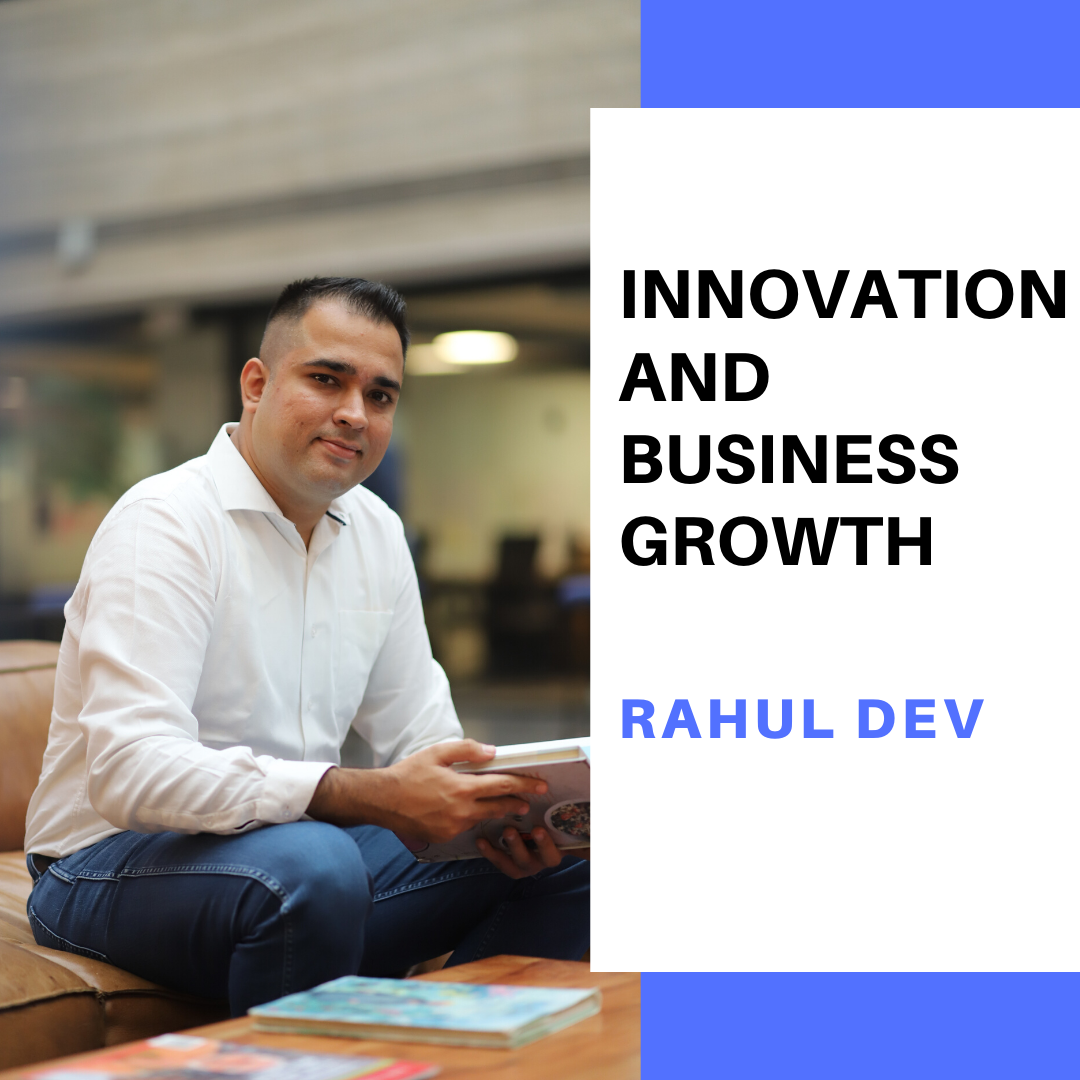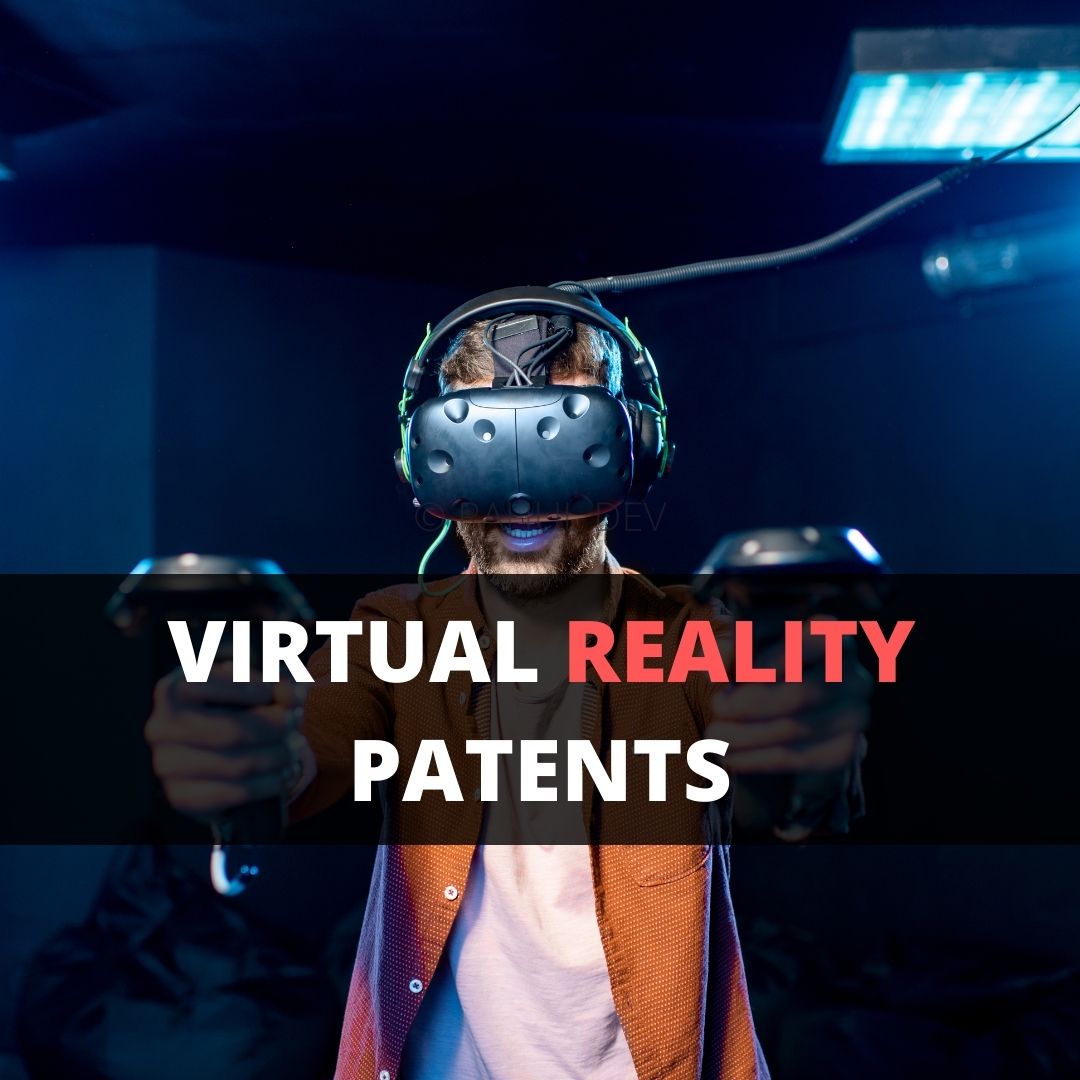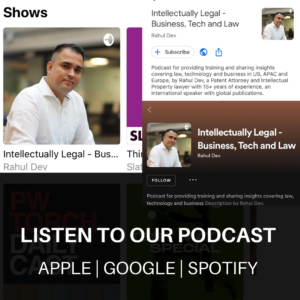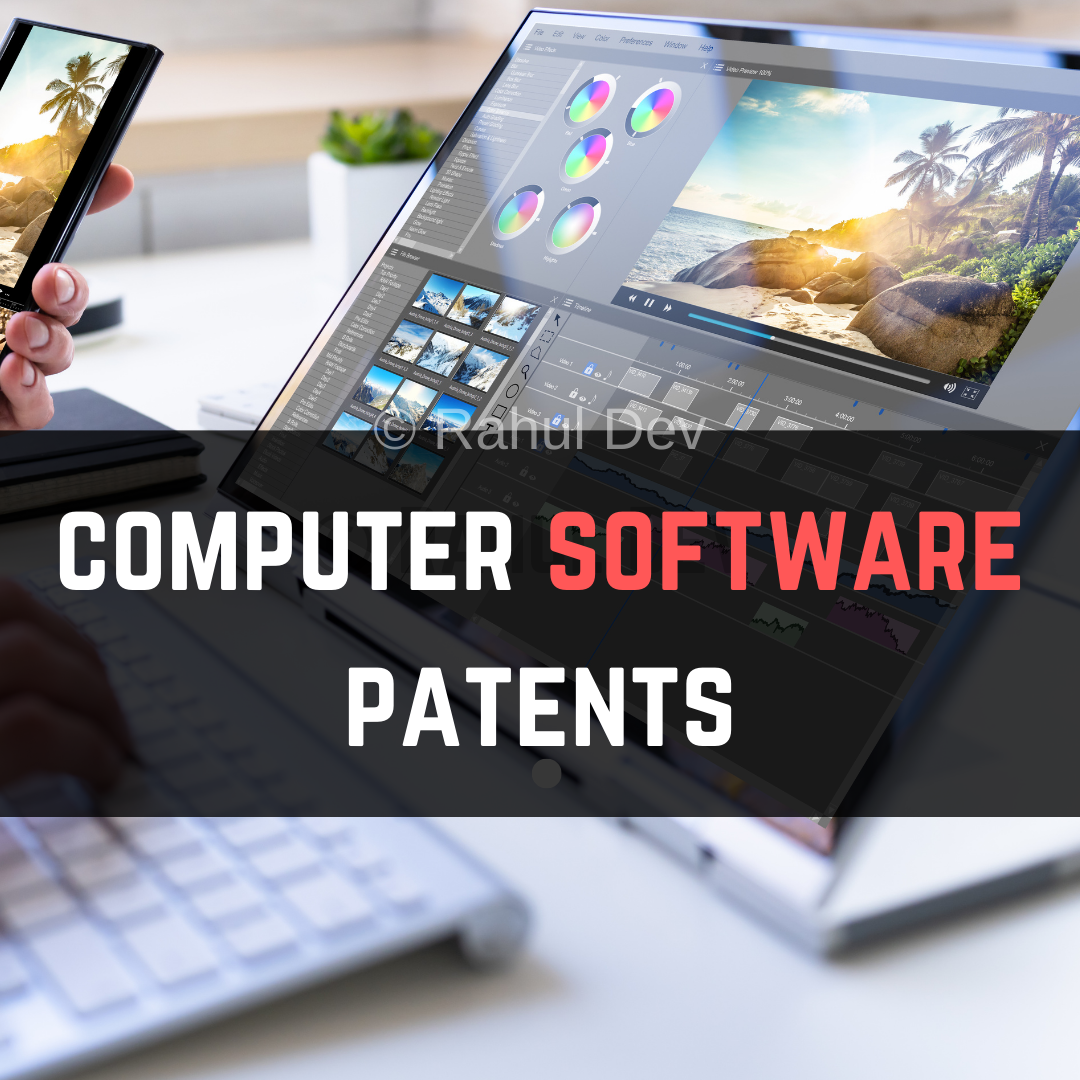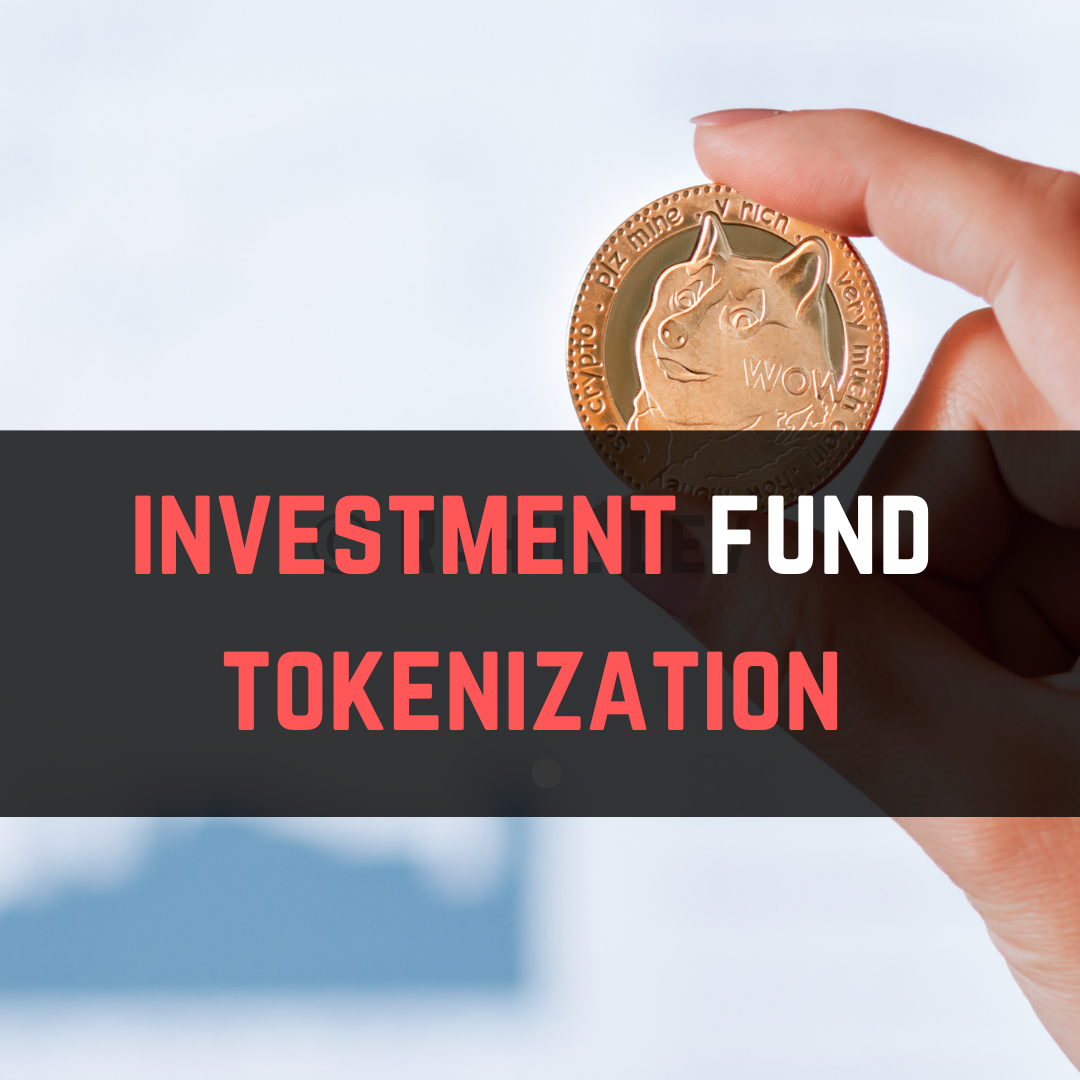VR innovations depend on both hardware and software industries to launch their products. Sometimes companies have to file two different patent applications for different software and hardware features. At times even one patent application filed by the company may suffice. For example, while using VR gaming equipment, a gamer utilizes gaming applications for esports or games embedded with social media components. At times, they might also use non-gaming applications in conjunction with VR inventions. Therefore, patent ingenuity plays a key role in patenting both software and hardware features of VR devices.
The computing of computer-related inventions is more difficult nowadays than it was two decades back. Patent regulations from the United States (US) emphasize on the exclusion of “abstract idea” under a recently introduced patent-eligibility framework that the US Supreme Court had set forth in 2014 in the ‘Alice v. CLS Bank’ decision. Famously called the Alice framework, here a reviewing court or patent examiner needs to check if a patent claim under review gets directed to anyone judicially recognized exception to patentabilities such as an abstract idea, natural phenomena or laws of nature. Particularly, such a claim would be directed to ‘significantly more than other judicially recognized exceptions or abstract ideas.
Hardware inventions of AR are immune to several problems related to patent eligibility. Few challenges include a new variety of hardware interfaces and sensors and their new combinations or configurations. For inventions regarding implementation of software, VR tech is amenable to several exceptions to exclusion of ‘abstract idea’ from patentability.
To get their VR tech patented, companies need to satisfy the requirements of utility, novelty, non-obviousness, and patentability. A first and true inventor or person assigned by him can make an application for a patent if the invention is capable of industrial application and is a new process or product that involves an inventive step. The VR software that includes features, systems, maps, business services or methods, data and other miscellaneous objects including hardware features should be eligible for patent filing.
If a VR patented process or product is replicated in any unauthorized manner, it can be a cause of action for the patentee to exercise his right to exclude third parties in case replicated process or product has been found to be performing a substantially similar function in a substantially similar way. To protect such patented processes and products, patent lawyers often resort to mentioning that patent holders shall be holding preclusive rights to embodiments of their work in the virtual environment in a patent application. If VR platforms permit users to create their goods & services, they can be held liable for contributing to infringement under tort law.
Companies wish to get their virtual reality products patented so that they could maintain market exclusivity over their innovation to increase the product sales, raise venture capital or if they have plans to offer something in cross-licensing negotiation in case the company gets accused by some competitor for infringement. Although such considerations apply to all kinds of inventions, the nature of the VR landscape helps to amplify the effects. For example, venture capitalists are required to choose from hundreds of companies, where they conduct a screening process – here those companies who have not taken adequate steps to patent their innovations would automatically get filtered.
VR technologies possess the potential to push boundaries of physical reality that is beyond anticipation. It necessitates the adoption of the current patent regime to tackle new challenges that may emerge in future. The existing legal rules and doctrines are required to be modified to create a new balance between patent regulators and technology development and progress as tech changes continue to occur in global space.
References:
1) https://www.patentingenuity.com/tecnology-niches/virtual-reality-project
2) https://www.wipo.int/edocs/plrdocs/en/lexinnova_plr_virtual_reality.pdf
3) https://artillry.co/wp-content/uploads/2018/10/VRARA-XR-Intellectual-Property.pdf
4) https://www.ijlsi.com/paper/beyond-physical-reality-intellectual-property-concerns-in-augmented-and-virtual-reality/

